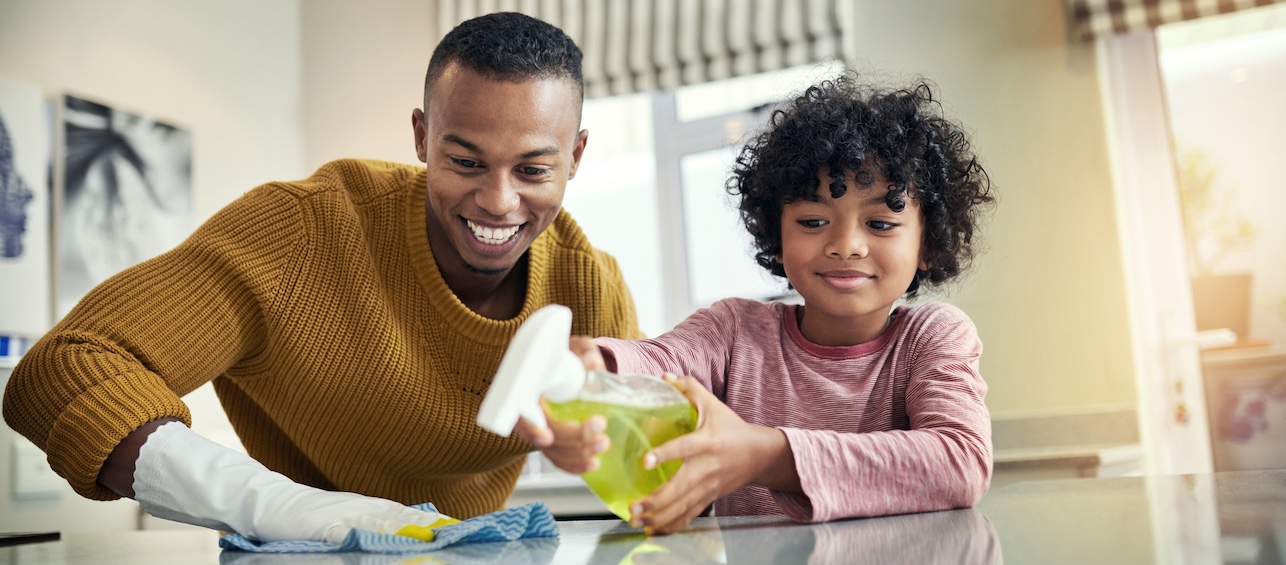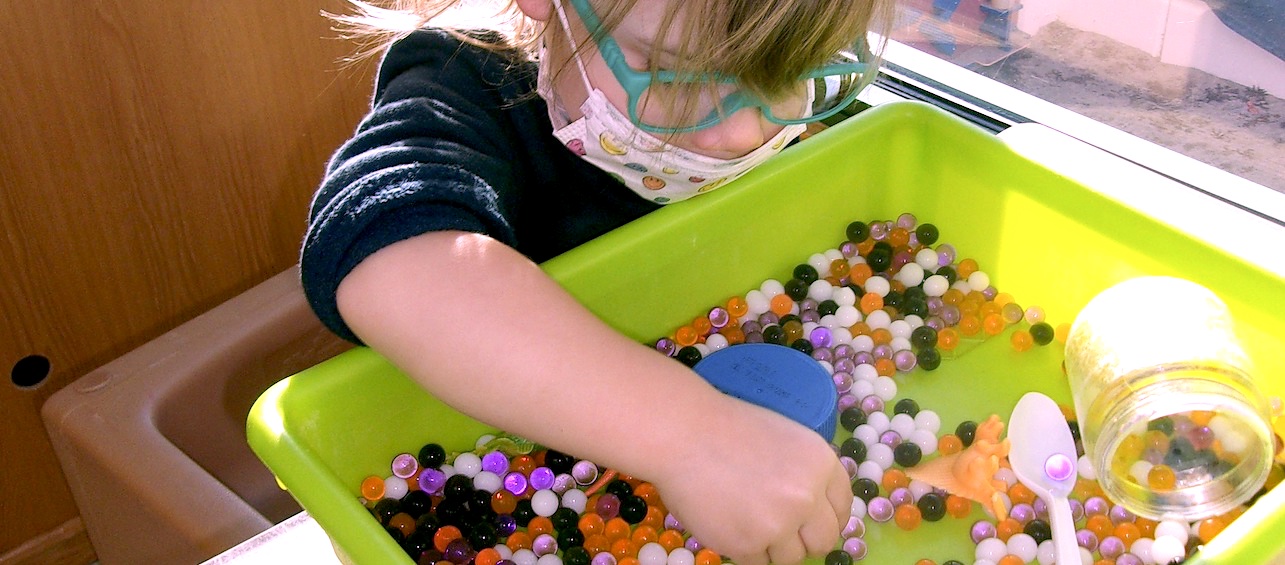For many, spring cleaning is a time to open the windows and do a little scrubbing and organizing. For others, it’s time to get the yard in shape.
Whether you’re tackling inside or outside of your home, the first day of spring falls during National Poison Prevention Week (NPPW) this year, so it’s the perfect time to share some spring cleaning precautions.
Poisonings are the third leading cause of death from injuries in the United States as reported by the Centers for Disease Control and Prevention (CDC). Keep these safety tips in mind when working around your house.
Spring Cleaning Safety Precautions
Read labels
Be sure to read all labels before you get started. Labels often tell you the ingredients, directions of proper use, and what the dangers are. Some products may require a mask, gloves, safety glasses or proper ventilation during use. Keep all products in the container they came in so you have this important safety information available.
Never mix chemicals or cleaners
Chemicals have their own set of properties and aren’t meant to be mixed. Mixing chemicals or cleaners could create a poisonous gas that could be harmful to the body. A good example of this is when bleach and toilet bowl cleaners containing acids are mixed — they make a harmful gas called chlorine gas.
Air it out
When you’re working in an enclosed space with strong chemicals and cleaners, it’s very important to ventilate the space. To do this, open the windows and turn on a fan. It’s also critical to read the warning labels on the package before starting. Some labels recommend wearing a mask or respirator.
Protect your skin and eyes
Some chemicals and cleaners — like drain openers, toilet cleaners, rust removers and oven cleaners — can burn the skin. Be sure to wear proper gloves.
If you’re using a spray bottle, wear a long sleeve shirt, pants, socks, shoes, safety glasses and gloves to protect yourself from a stray stream. Direct the nozzle away from yourself and other people.
If you are accidentally exposed, begin flushing with lukewarm water right away, and call the Drug and Poison Information Center at 1-800-222-1222.
Lock it up
Many household cleaners and chemicals can be poisonous when swallowed. Lock them up out of the reach and sight of children, preferably in a high cabinet.
Liquids that are particularly dangerous include those made from petroleum, such as:
- Gasoline
- Kerosene
- Charcoal lighter fluid
- Paint thinner
- Lamp oil (citronella lamp oils can look and taste like lemonade)
- Furniture polish
Safely clear cabinets
If you’re going to clear out your medicine cabinet, keep all medicines out of the reach and sight of your kids while you’re working. There are programs that will dispose of your unused and expired medications for you. Contact your local pharmacy to find a drop-off site.
Be careful with pesticides
Some pesticides can be extremely poisonous. Before use, read the label and wear protective clothing, gloves, safety glasses and masks. Pesticides can be absorbed through the skin or by being inhaled. It’s a good idea to stay away from the area for at least an hour after you’ve sprayed.
If a pesticide accidentally gets on your skin, follow these steps:
- Rinse the affected area right away with running water for 15-20 minutes.
- Call the Drug and Poison Information Center at 1-800-222-1222.
If the pesticide comes in contact with your clothing, take if off before rinsing your skin. Thoroughly wash the soiled clothes through a couple of wash cycles to remove any residue.
If you have any concerns while you’re spring cleaning or any other time during the year, please call the Drug and Poison Information Center at 1-800-222-1222. We can learn more about the situation and the potentially harmful exposure, and experts are available 24/7/365 to walk you through what to do next.





